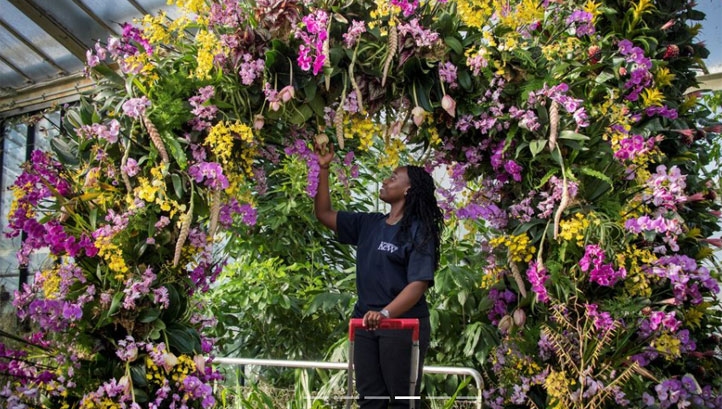Kew Gardens Manifesto for change!!

The Royal Botanic Gardens, Kew, has outlined plans for expanding research and outreach regarding nature-based climate solutions and efforts to prevent Earth’s sixth mass extinction.
Earlier this year, the organisation published a manifesto for change through to 2030, including commitments to achieve a net-positive climate impact operationally and to improve communications and partnerships to tackle the twin climate and nature crises.
Kew’s five-year science strategy, published today (28 September), provides more information on how it will use its sites, activities, processes, partnerships, research and education schemes to deliver its manifesto.
“Life on Earth is in peril,” the strategy states. “Never before have so many challenges manifested themselves so clearly and intensively.”
According to WWF’s 2020 Living Planet report, animal population sizes have declined by an average of 68% since 1970. Drivers of biodiversity loss include land-use change, invasive species, overexploitation, pollution and climate change; indeed, the UN’s scientific bodies for nature and climate change are urging a more interconnected approach to solving these crises.
Detailed in Kew’s strategy are plans to expand research into biodiversity and ecosystem protection and conservation, in a manner that also improves climate resilience and improves human health and wellbeing. Kew has promised “innovative research” in these fields. Read more….
Kew Gardens promises increased focus on nature-based climate solutions and biodiversity restoration
